Fox & Friends, the show beamed into millions of rightwing Americans’ homes every morning, is not generally considered to be the place where Donald Trump faces the tough questions. The “& Friends” in the show’s title gives that away.
But on Monday morning, the show’s co-host Brian Kilmeade put the billion-dollar question to the White House press secretary, Karoline Leavitt. News had just broken that Trump had decided to accept a gift of a $400m luxury jumbo jet from the government of Qatar, a petro-state which the president once denounced as a “funder of terrorism”.
“Do you worry that, if they give us something like this, they want something in return?” Kilmeade asked.
Leavitt swatted the question away, saying that the Qataris knew that Trump “only works with the interests of the American public in mind”. Despite her protestations, the heart of the matter is now out there for all to contemplate: what about the quid pro quo?
The avoidance of quid pro quo – of favours granted in return for something, or to put it colloquially, you scratch my back and I’ll scratch yours – has been a bedrock of American governance, especially in foreign policy, for decades. It even informed Trump’s first presidency when the Trump Organization, his family business, forewent all foreign deals for the duration.
Now he’s back in the Oval Office, all such guardrails separating personal from public gain appear to have been discarded. Since Trump’s second presidential victory in November, the Trump Organization, under the management of his third child Eric, has seen an explosion of activity in the Gulf region.
Plans have proliferated for Trump towers and golf resorts in Saudi Arabia, Qatar and the United Arab Emirates (UAE). It would take a bold commentator to suggest that the president’s visit beginning on Tuesday to those same fabulously rich oil nations is purely coincidental.
Of all the transactions in the pipeline, the most brazen is the proposed gift of a $400m “palace in the sky” from the Qatari government. It is hard to imagine a clearer violation of the emoluments clause of the constitution which bars federal officials, including the president, from accepting high-value gifts without congressional approval.
The Republican senator from Kentucky Rand Paul summed it up. “It’s not like a ride on the plane,” he said. “We are talking about the entire $400m plane.”
Trump’s approach in his second term towards such inconveniences as ethical codes and the rule of law has been to dismiss from the leadership of key federal agencies seasoned public servants committed to the US constitution and replace them with loyalists committed to his Make America great again (Maga) mantra. From Trump’s perspective, that may look like an easy fix. But for anyone concerned about quid pro quo it has merely compounded the problem.
According to ABC News, Pam Bondi, Trump’s US attorney general and the country’s top law enforcement officer, carried out a legal analysis of the Qatar plane gift that concluded it would be “legally permissible”. That’s all very well. But what about the fact that in the run-up to the 2022 soccer World Cup, Bondi worked as a lobbyist for the Qatari government, receiving from it a handsome $115,000 every month?
Quid pro quo over the gift of the Boeing 747-8 jetliner from that same Qatari government is further complicated by the intricate nexus of business deals that Eric Trump is creating at lightning speed through the Gulf region. The first foreign deal secured by the Trump Organization since Trump’s return to the Oval Office in January is in Qatar.
The deal is for the construction of a luxury resort and 18-hole golf course outside the Qatari capital, Doha. It will be known as the Trump International Golf Club & Villas.
The scheme will be developed by a Qatari company, Qatari Diar, which happens to be owned by the Qatari government. The real estate business was set up by Qatar’s sovereign wealth fund and has a government minister chairing its board.
That would appear to be a breach of Trump’s second-term promise – already so much weaker than the ethical pledges he made in Trump presidency 1.0 – that the family business would pursue no deals involving foreign governments. The Trump Organization insists the partnership was arranged with a Saudi firm, Dar Global, and not the Qatari company. But that only raises a further issue: Dar Global has close ties with the Saudi royal family.
Were that not enough, there’s also the crypto factor. Trump’s venture into the crypto currency business is another whole can of worms, with so many ethical conundrums attached to it that it would keep a conflict of interest investigator busy for years.
Suffice to say that the Trump family is betting big on cryptocurrency at the same time that the president is using his executive powers to boost the fledging digital payment system as well as remove regulatory restraints standing in its way.
Where are the Trump family’s biggest crypto deals located? In the Gulf states.
A fund run by the royal family of UAE recently invested $2bn in a crypto exchange. The fund channeled the money through a new cryptocurrency known as stablecoin that tracks the US dollar.
The stablecoin was issued by a cryptocurrency company, World Liberty Financial. It is owned by the Trump family.
The front page of World Liberty Financial’s website invites visitors to “meet our team, the passionate minds shaping the future of finance”. Under a beaming photograph of the 47th president are the words: “Donald J Trump, chief crypto advocate”.

 German (DE)
German (DE)  English (US)
English (US)  Spanish (ES)
Spanish (ES)  French (FR)
French (FR)  Hindi (IN)
Hindi (IN)  Italian (IT)
Italian (IT)  Russian (RU)
Russian (RU)  3 weeks ago
3 weeks ago
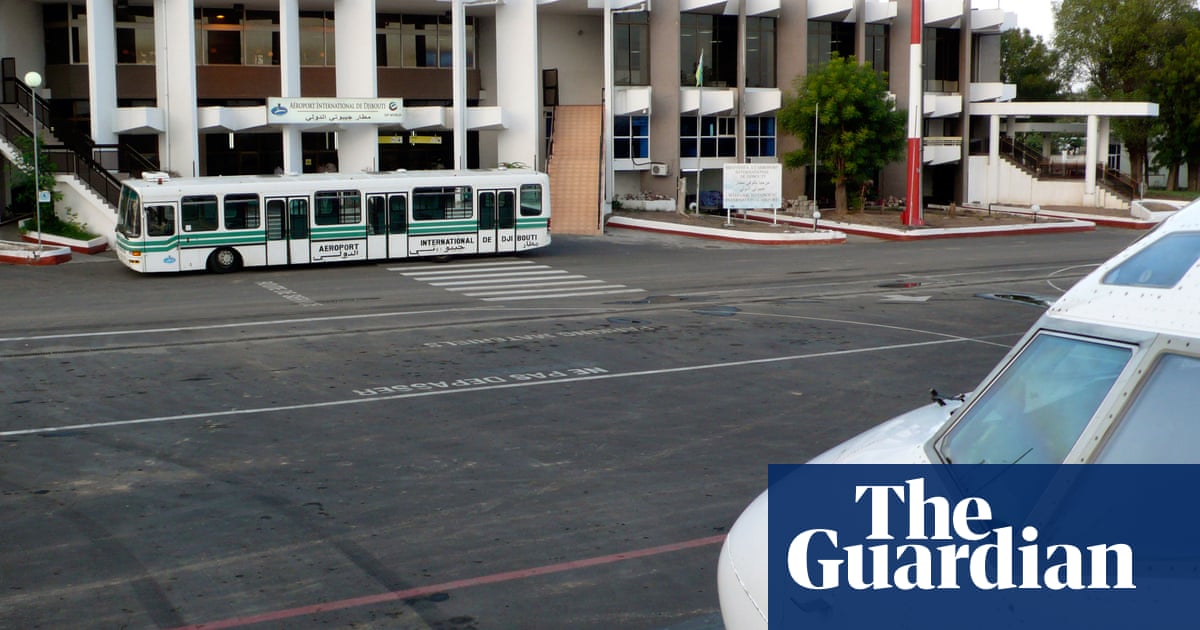

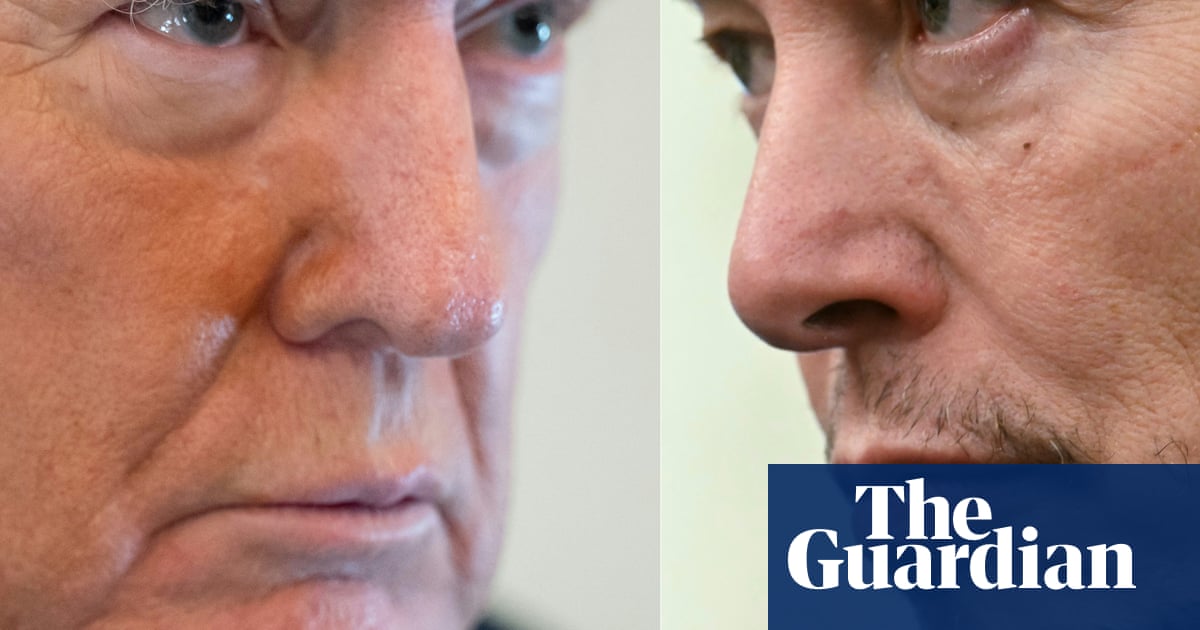
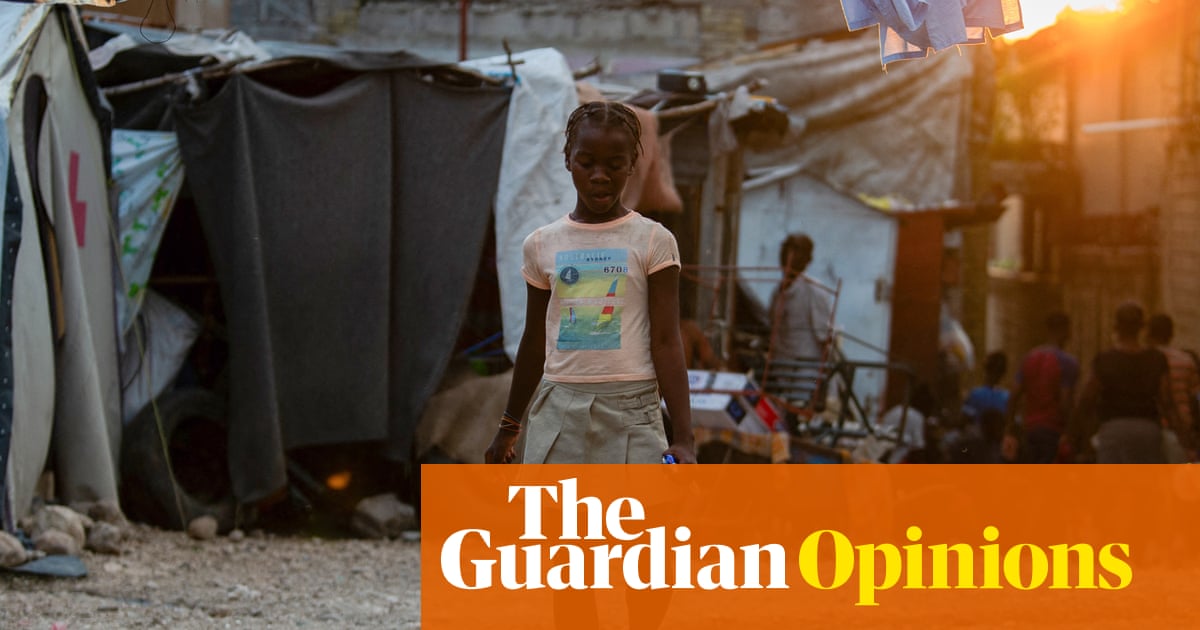



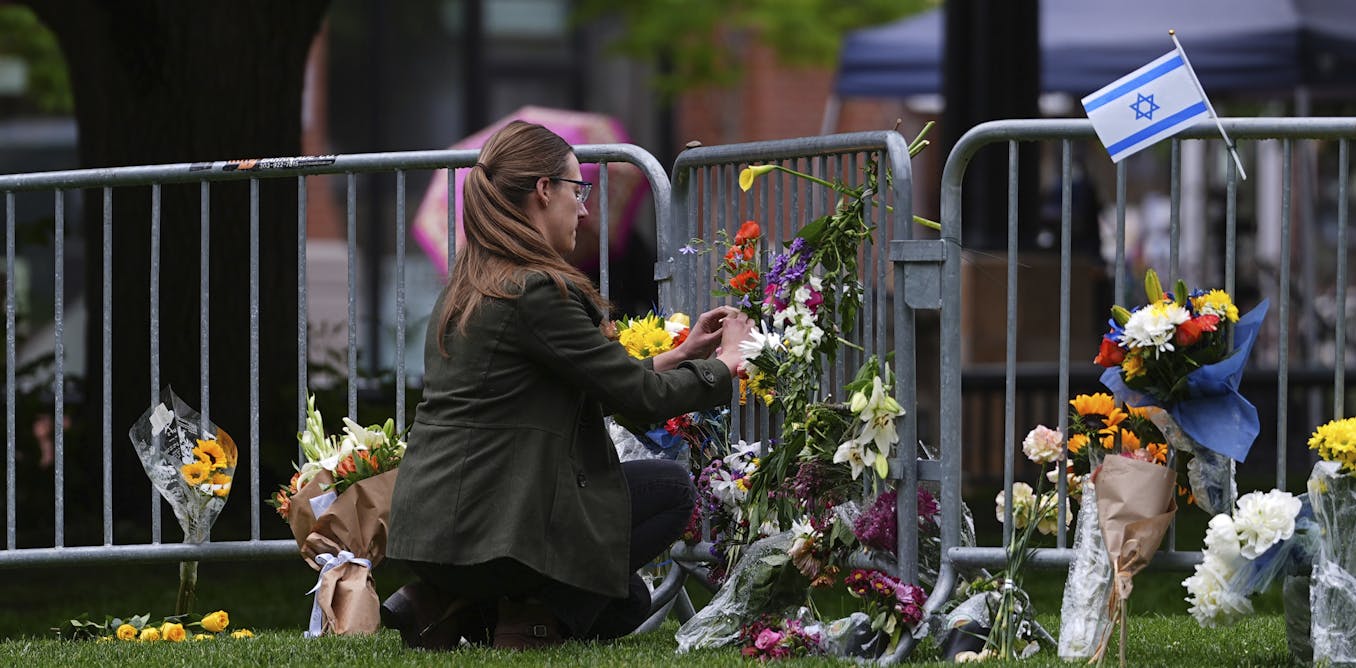
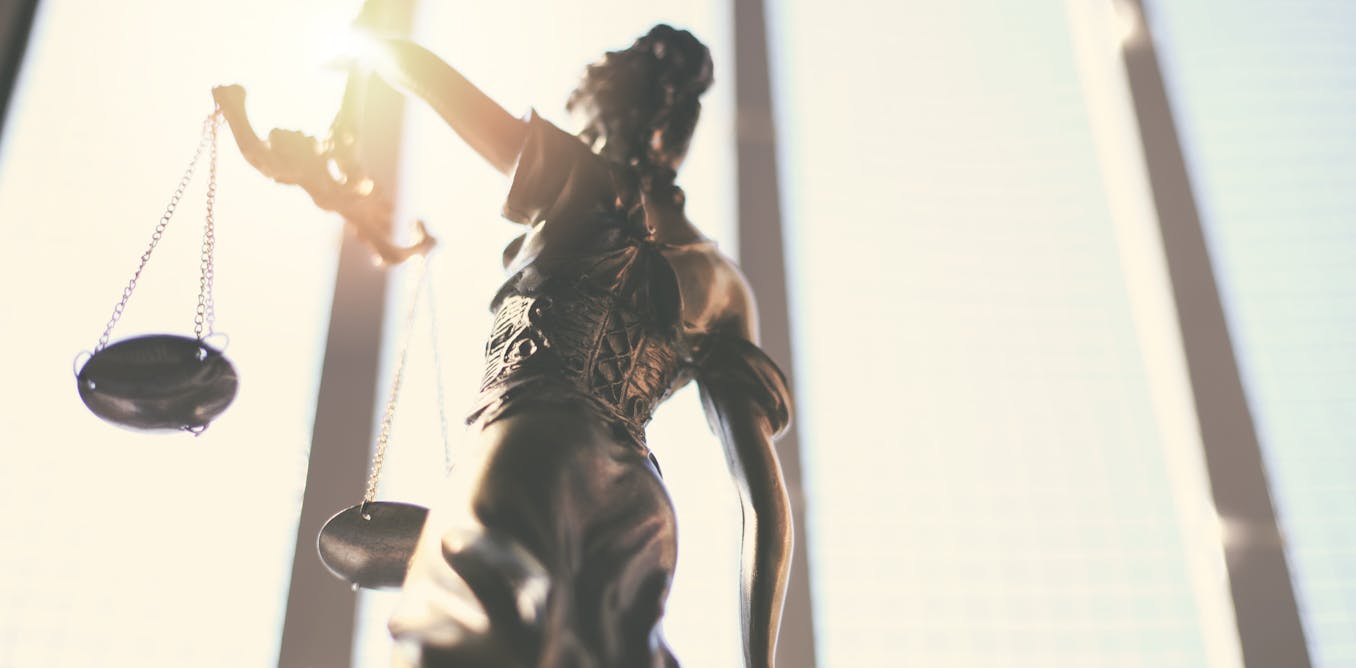
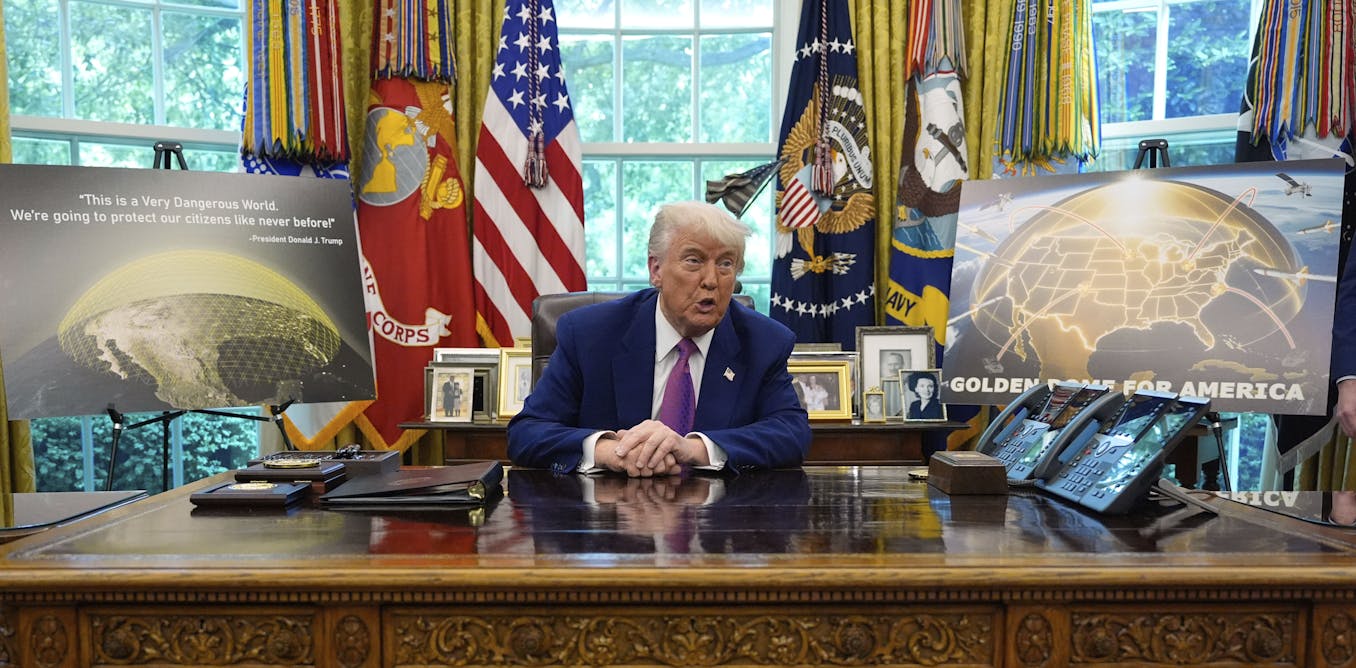

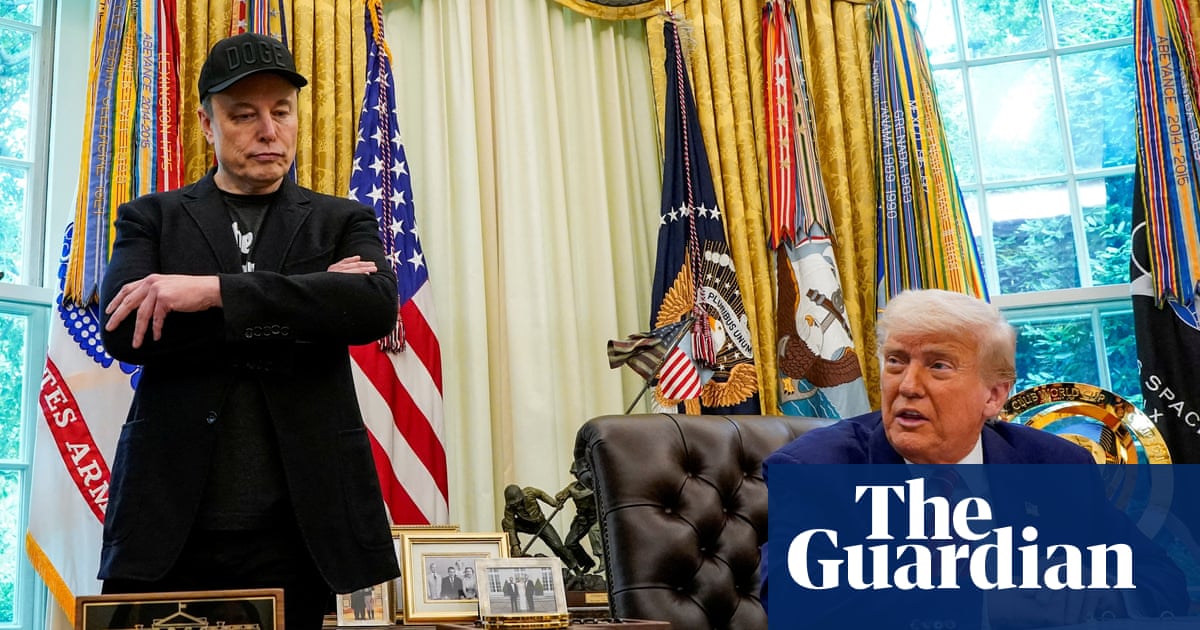
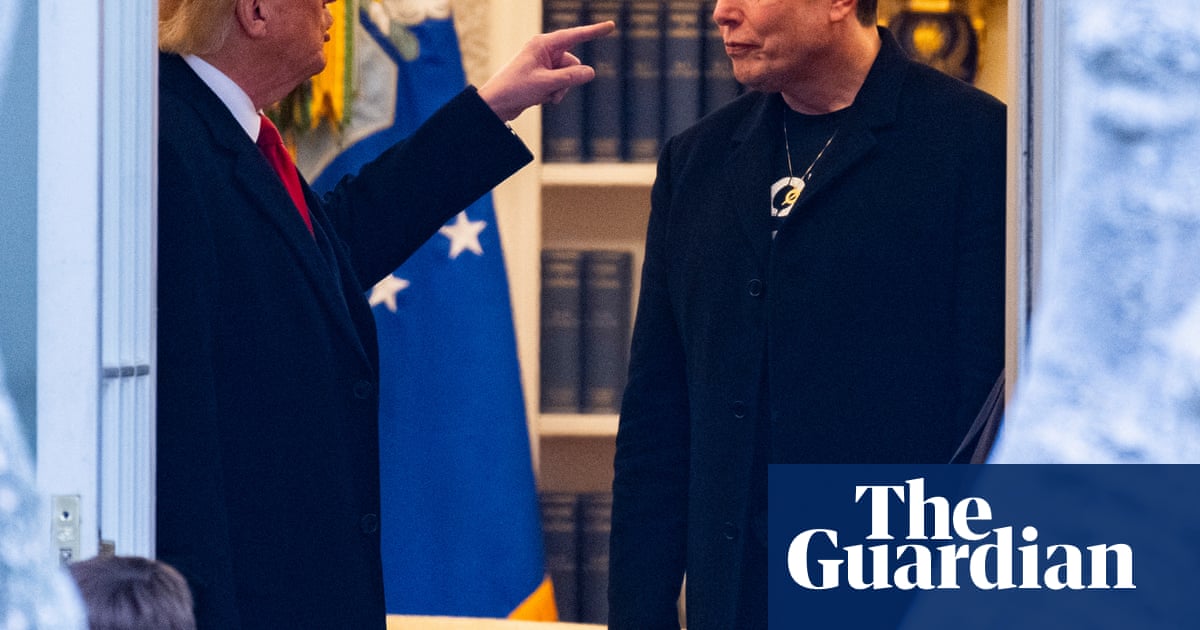



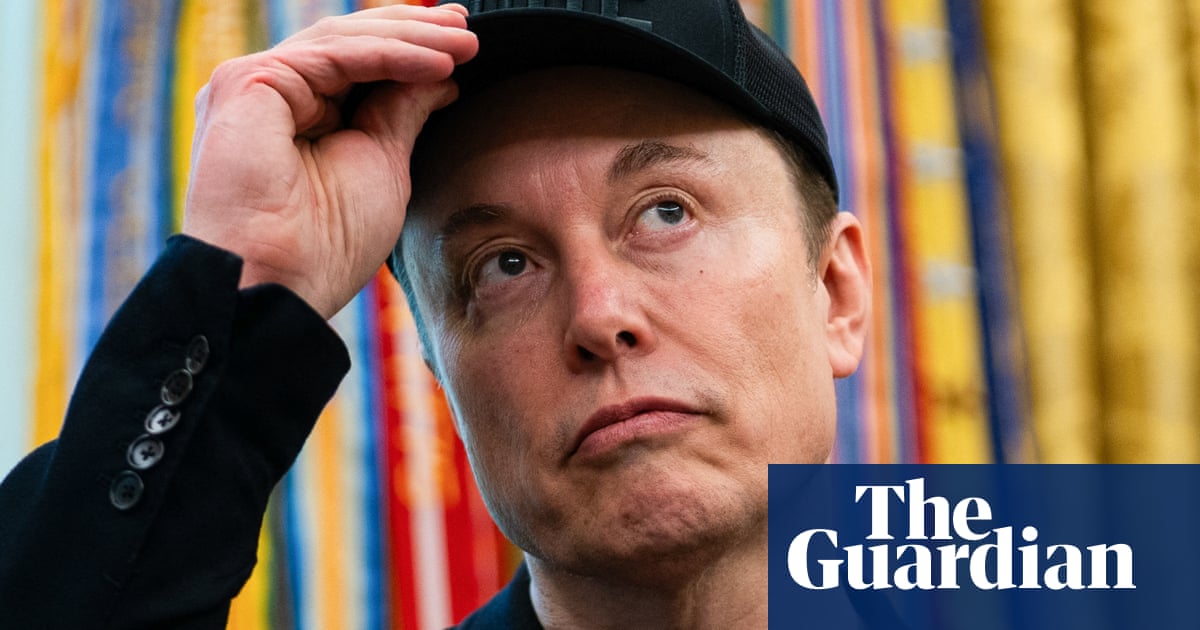

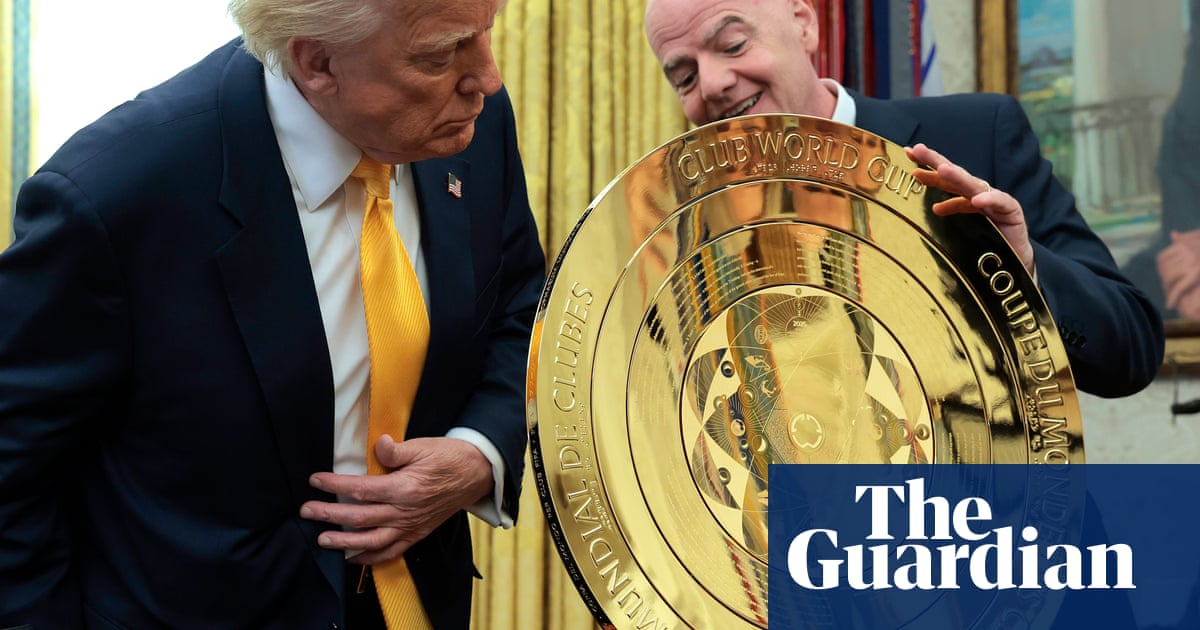




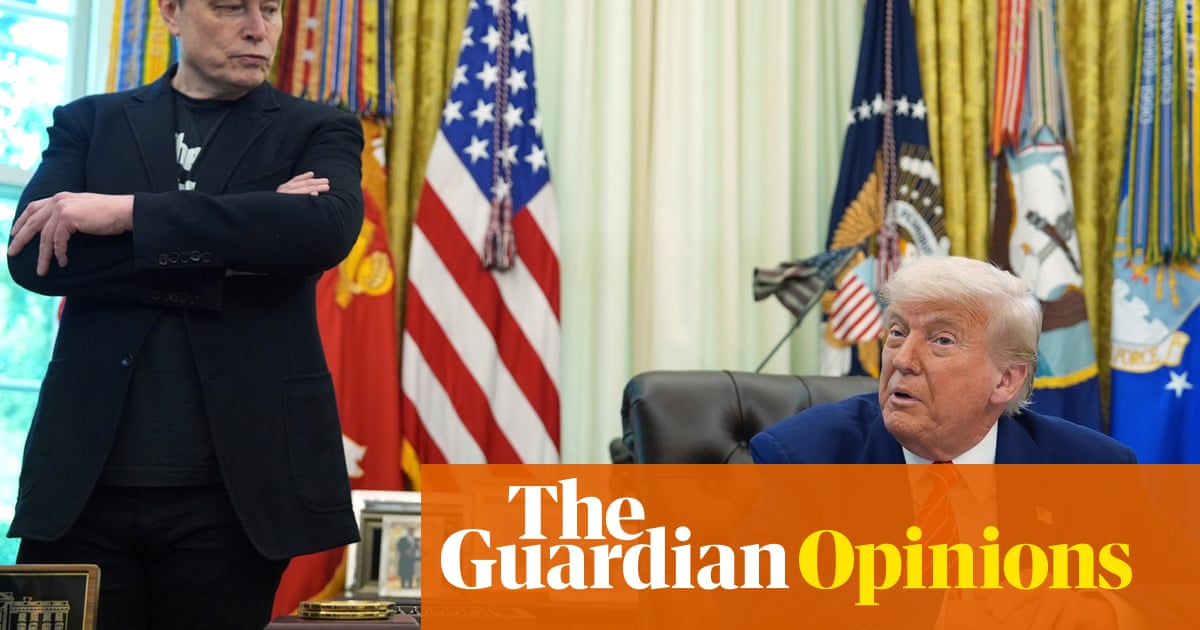
Comments